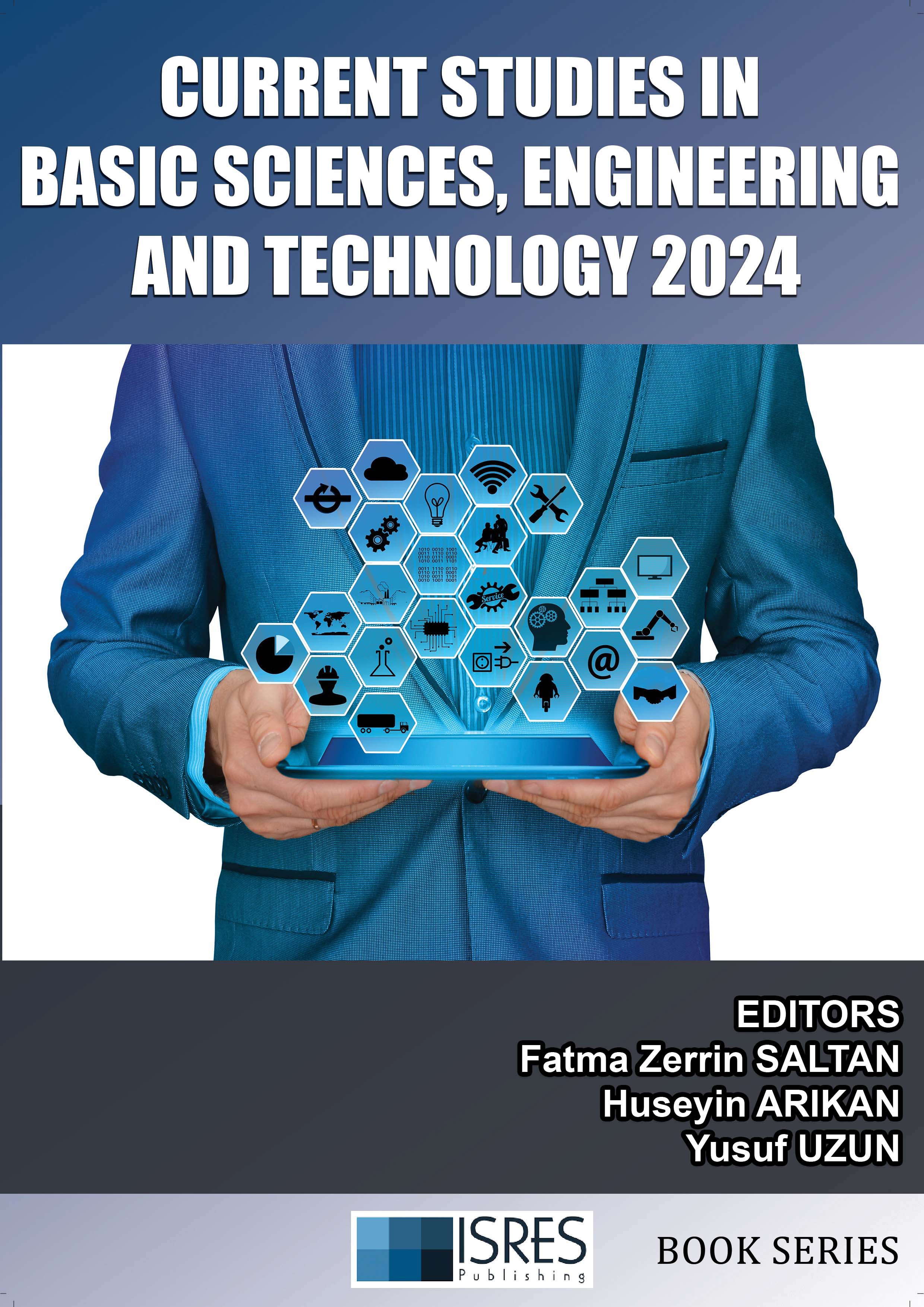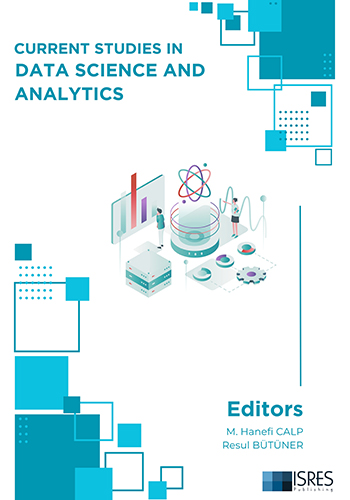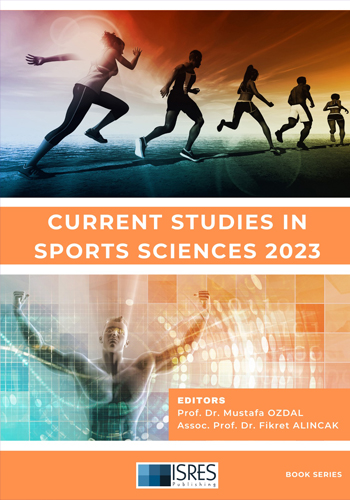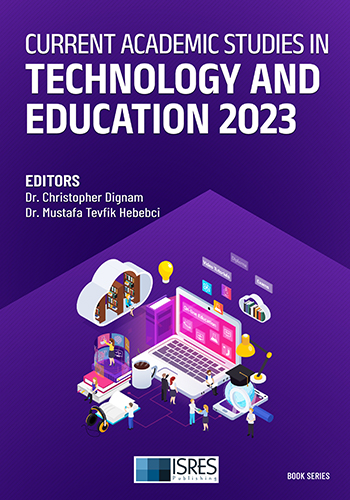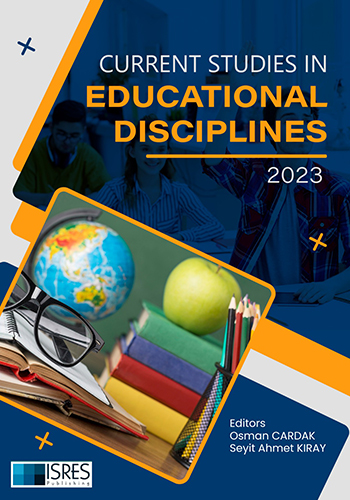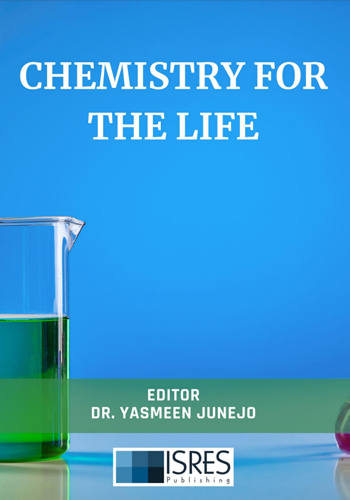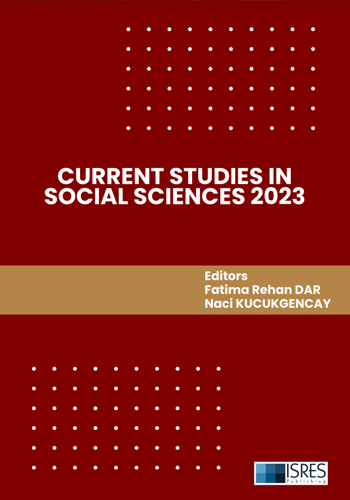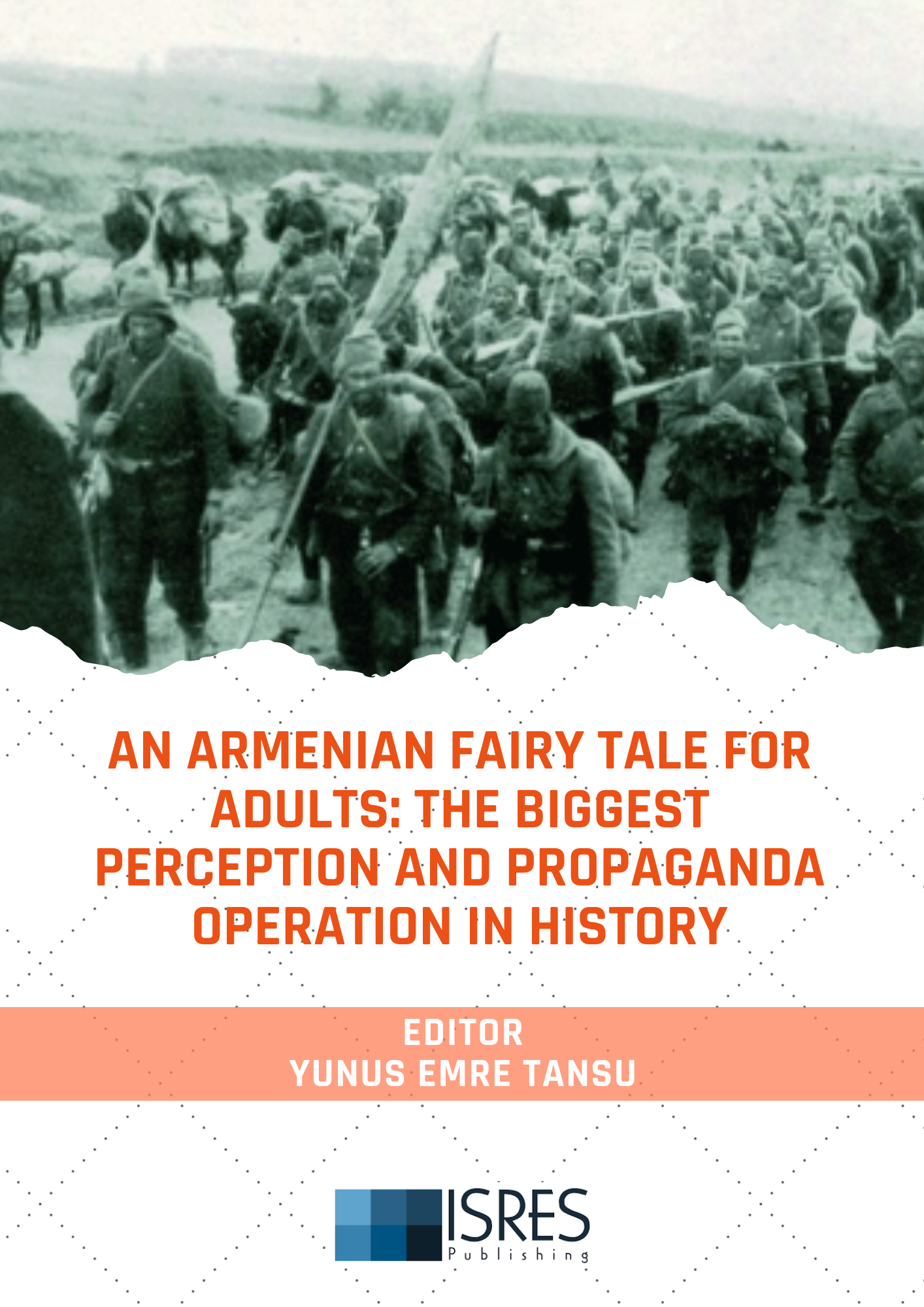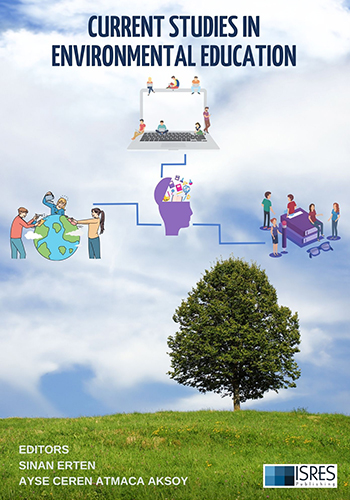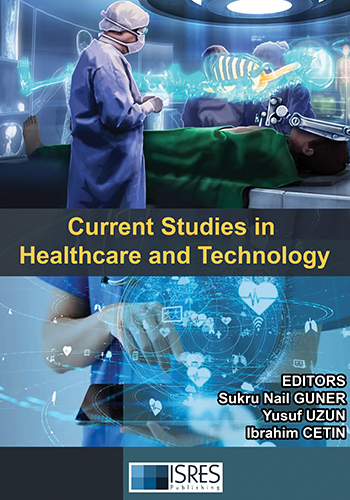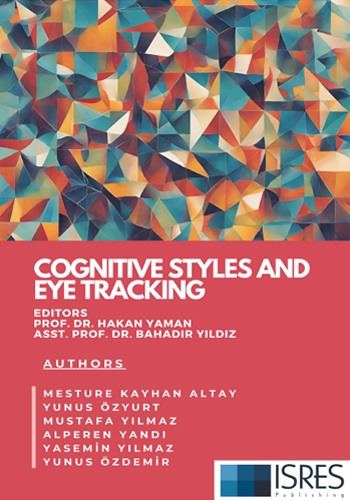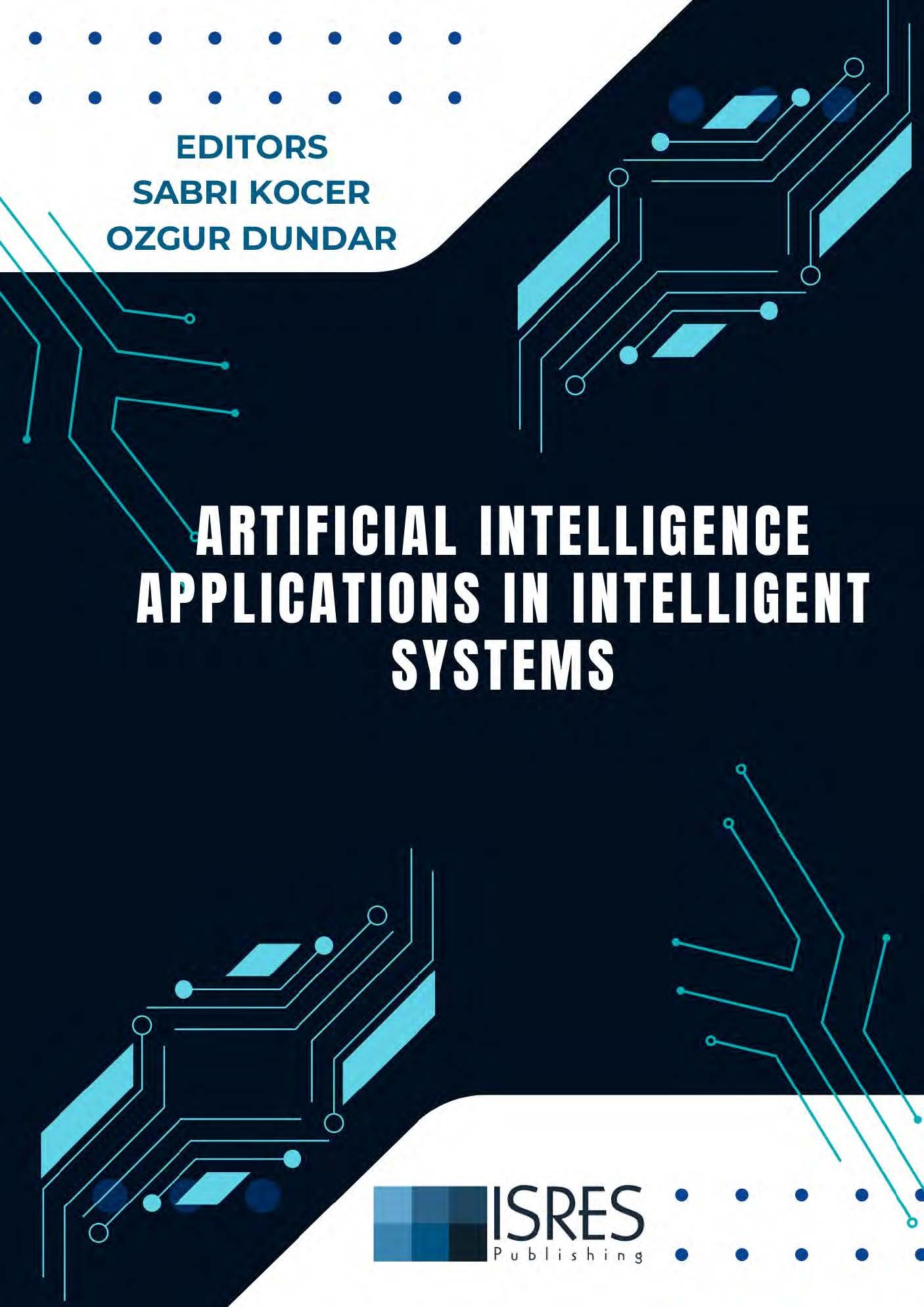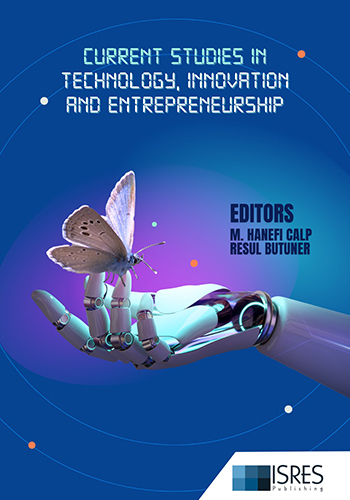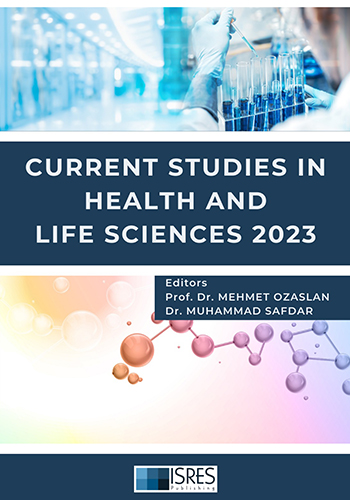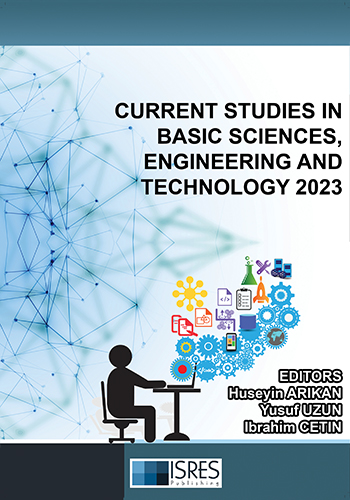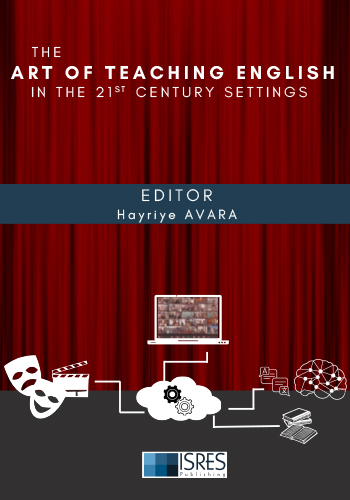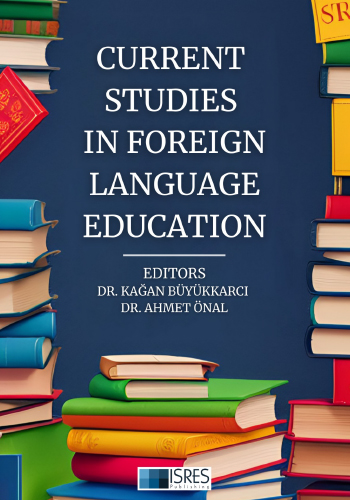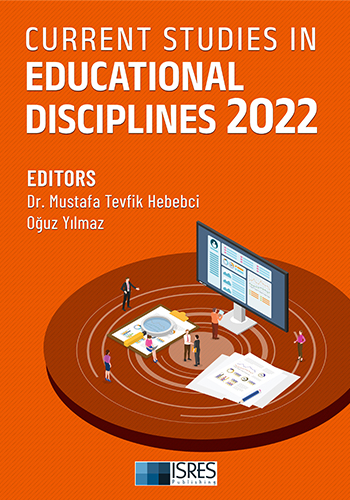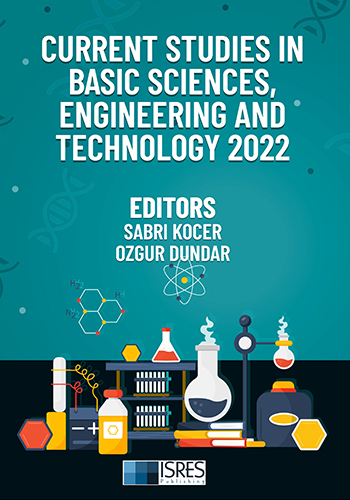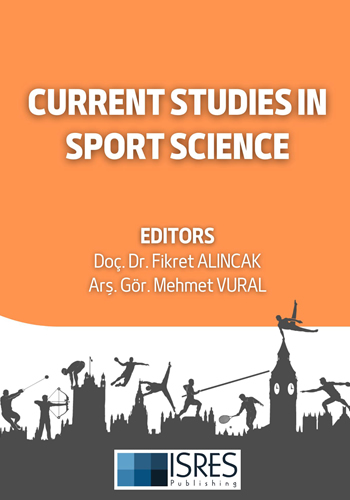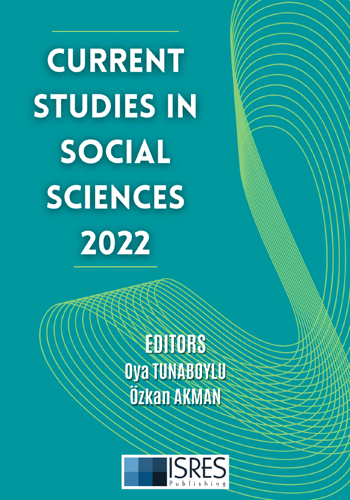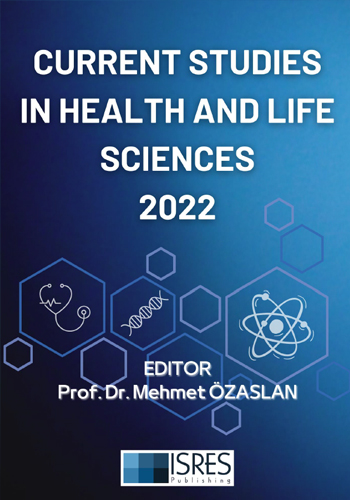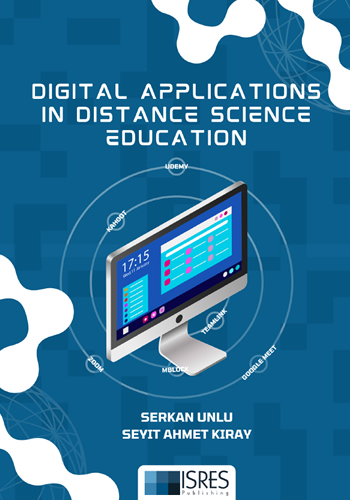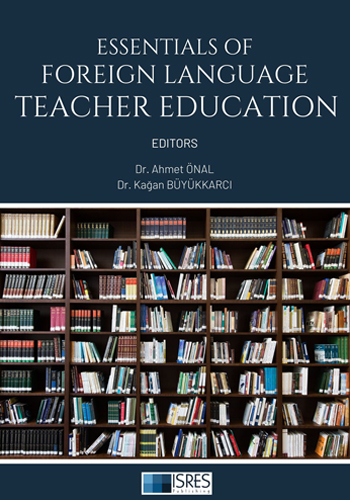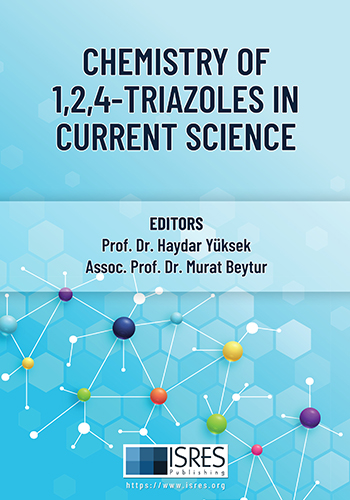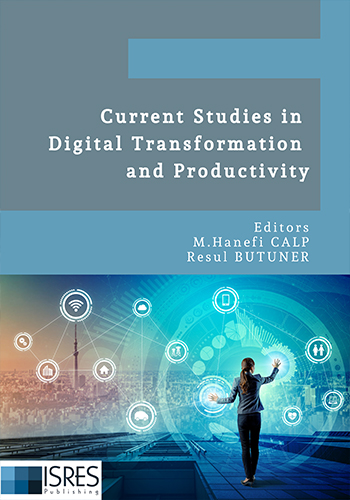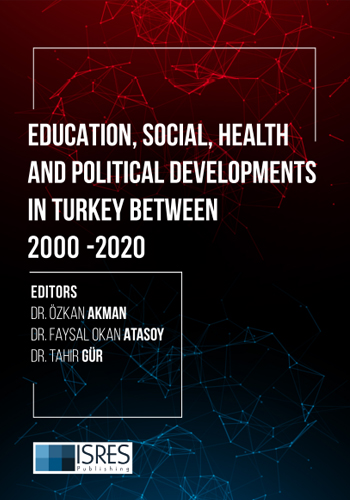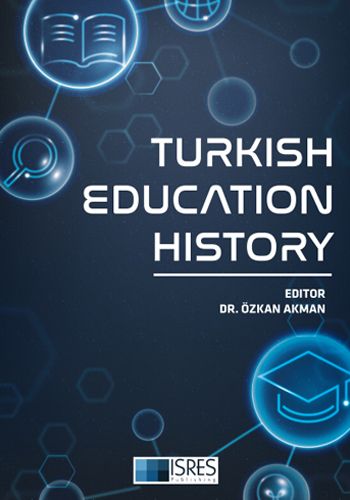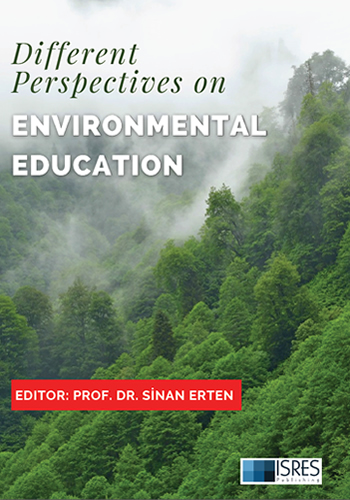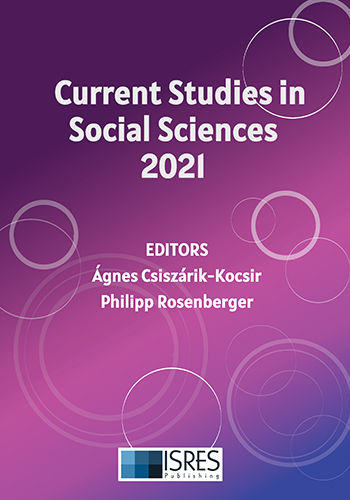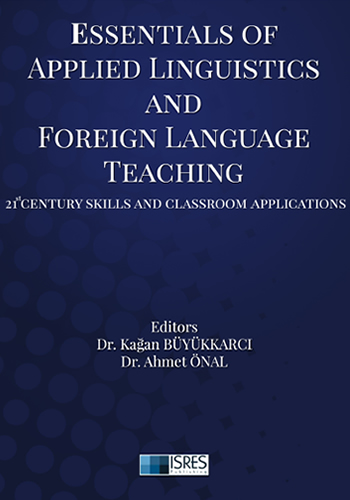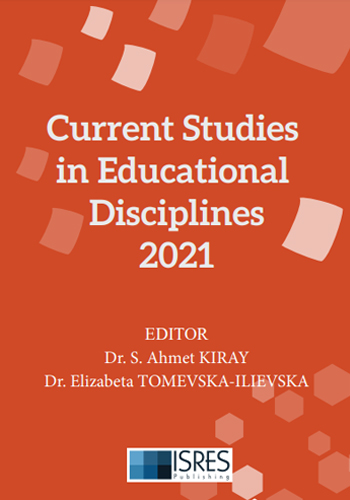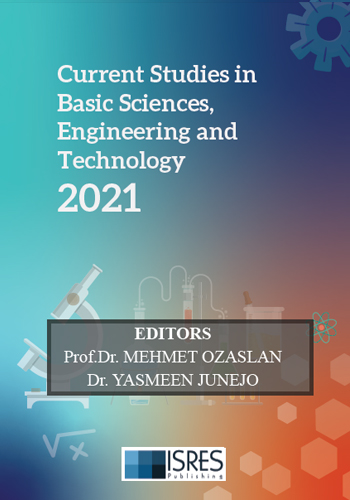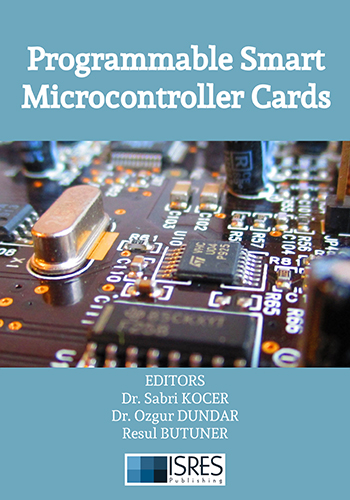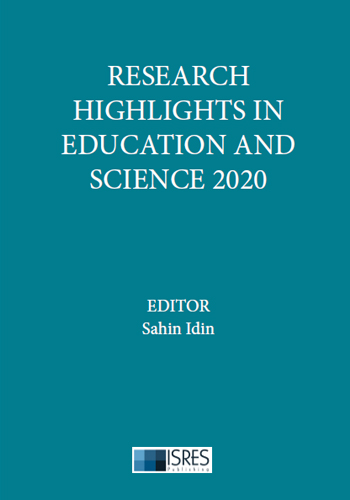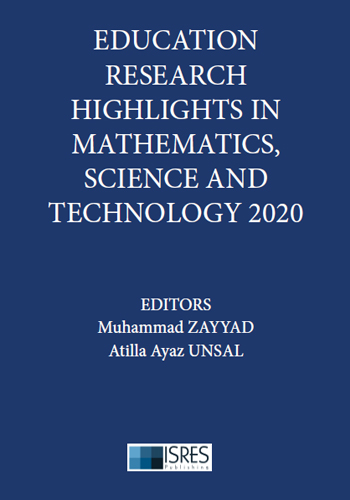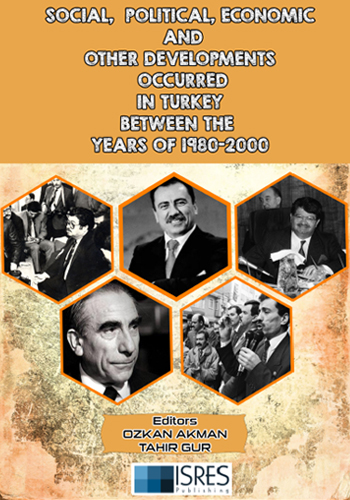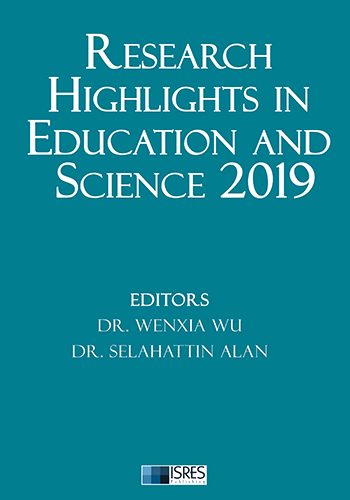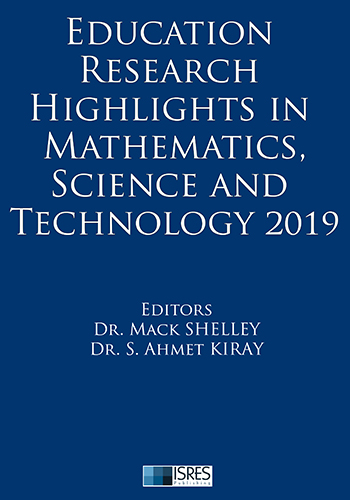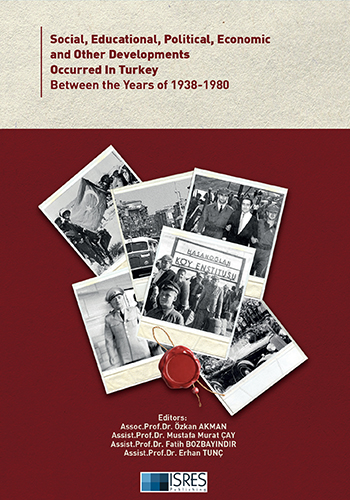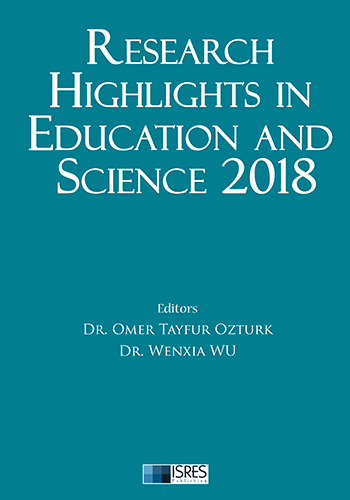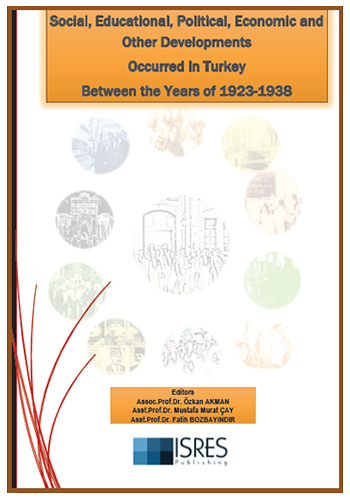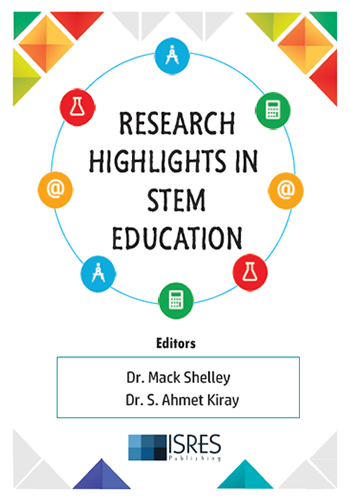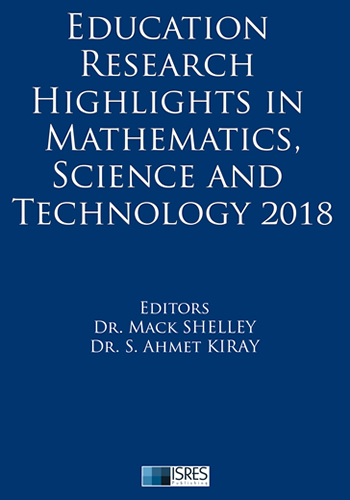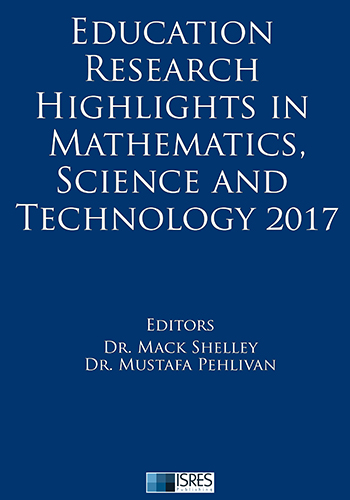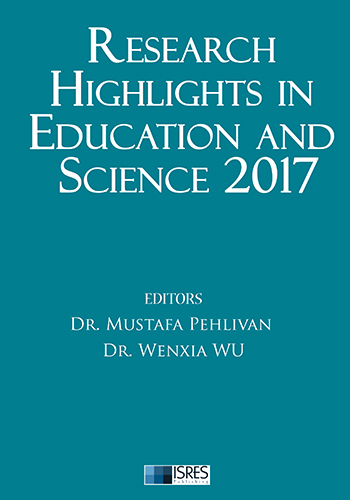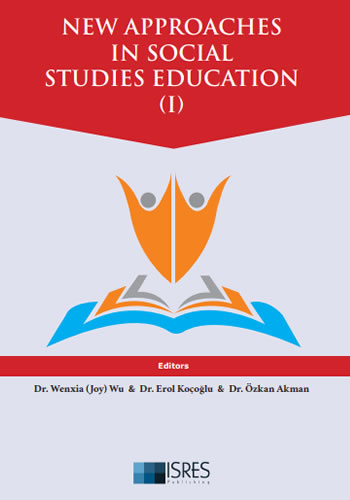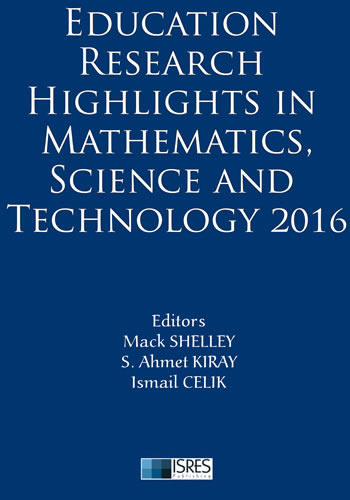Abstract: Studies so far have emphasized that mentoring has positive effects on teachers’ academic success, personal and professional development, teaching philosophy, and motivation levels. It has also been reported that mentoring helps teachers perform their roles successfully in their classes and be satisfied with their job. Similarly, many studies indicated that teachers’ self-assessment plays an important role in ensuring the continuity of their professional development. The present study, in turn, builds on the basis of an analysis to identify chemistry teachers’ problems regarding the implementation of the curriculum, and proceeds with mentoring designed to help with these problems. The effects of mentoring on teachers’ capabilities and their teaching behaviors were determined by means of their self-assessments. Four chemistry teachers, teaching in Anatolian high schools in the metropolitan area of a mid-size city located on the north-eastern part of Turkey participated in this study. A self-assessment form (SAF) compatible with the requirements of the chemistry curriculum was developed by the researchers; the final version of the form was revised with reference to the opinions of three science educators. SAF was filled out by the teachers, who participated in weekly mentoring activities, both before and after each mentoring session for eight weeks. The data obtained from SAF was analyzed for each participant as a particular case. It was found that although the teachers assessed themselves as “insufficient” in terms of some items in SAF (regarding existing knowledge and giving examples from daily life etc.) before the mentoring sessions, they rated themselves “sufficient” for the same items after they completed each mentoring session. This change could be regarded as an indicator that teachers have given up some of the negative teaching behaviors and improved their deficiencies through the mentoring sessions. In addition, while some of the participant teachers held overly favorable views of their professional competences, rating themselves “sufficient” or “excellent” with respect to certain items (using performance based assessment and evaluation, employing student-centric teaching perspectives) at the beginning, it was found that they reached to a more realistic assessment of their competence in these themes after the mentoring sessions. One can forcefully argue that mentoring contributes to the participant teachers’ endeavors to get a better grasp of their capabilities. Based on these results, the incorporation of mentoring to teachers’ pre-service and in-service trainings is expected to contribute to the enhancement of the teachers’ competence levels. Considering that Ministry of National Education in Turkey has embarked on a new program in which a prospective teacher (mentee) is mentored by an experienced teacher (mentor) for six months before she/he starts teaching, training the experienced teachers in a such mentoring process wherein faculty members in science education supports them continuously, is expected to bring about a chain reaction to improve teacher competences at all levels.
The Effects of Mentoring on Chemistry Teachers’ Professional Development
Research Highlights in Education and Science 2016
Editors: Wenxia Wu, Selahattin Alan, Mustafa Tevfik Hebebci
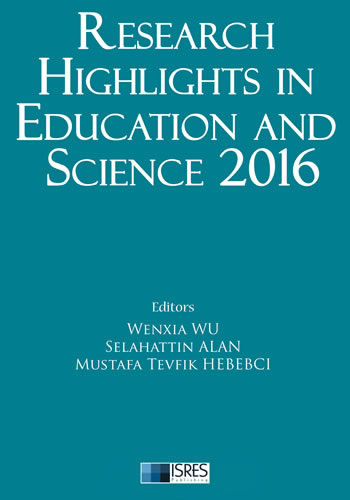
4632
The Effects of Mentoring on Chemistry Teachers’ Professional Development
Chapter Authors: Ayşegül Sağlam Arslan, Suat Ünal, Faik Özgür Karataş, Ayşegül Arslan
Pages: 21-27
Other Chapters
Flipped Classroom Model in Education
Fatih Serdar Yıldırım, Seyit Ahmet Kıray
More Info Pages: 2-8
Instructional Skills Workshops: A Model for Training Professors How to Teach
Peter Fenrich, Ron Johnson
More Info Pages: 9-20
The Effects of Mentoring on Chemistry Teachers’ Professional Development
Ayşegül Sağlam Arslan, Suat Ünal, Faik Özgür Karataş, Ayşegül Arslan
More Info Pages: 21-27
The Importance of Using Archive in Social Studies Education
Özkan Akman
More Info Pages: 28-33
Geography Students' Perception on Implementation of Multiple Intelligences in a Clil Course
Ljiljana Marković, Zorica Prnjat, Slađana D. Anđelković
More Info Pages: 34-39
Creating Real Learning Experiences Rather than Teaching Based on the Traditional Transfer of Mathematical Information, at College Level
Elizabeth Mena Avılés, Ana Gema Guevara Aguilar, Roberto Rosas Rangel, Ernesto Save Moreno
More Info Pages: 40-47
The Impact of the Edulab Model on the Learning Process: Students and Teachers’ Perceptions
Ana Oliveira, Lúcia Pombo
More Info Pages: 49-61
New Recommender System Using Naive Bayes for E-Learning
Mehmet Özcan, Furkan Göz, Tansu Temel
More Info Pages: 62-68
Business Education in Palestine Information Technology and Business Education
Sharif Musbah Abu Karsh
More Info Pages: 69-79
Investigation of Views of Middle School Students, Preservice Science Teachers and Science Teachers Towards Robotic Applications
Sibel Açışlı
More Info Pages: 81-88
Leadership Styles Adopted By Headteachers and the Influence on Staff Performance in Primary Schools of Chimoio Cluster in Mozambique
Charnaldo Jaime Ndaipa
More Info Pages: 89-97
Plate Tectonics “Integrative Concept” In the Moroccan Curriculum of Secondary Schools
Radouan Chakour, Sabah Selmaoui, Anouar Alami, Moncef Zaki
More Info Pages: 98-102
Challenges of 4th-Year Middle-School Students in the Process of Mathematical Modeling: Summer Job Problem
Neslihan Şahin, Ali Eraslan
More Info Pages: 103-111
Impact of Global Capitalism on National Education “The Case of Turkey”
Mustafa Hilmi Çolakoğlu
More Info Pages: 113-123
Environmental Education in Turkey
Yüksel Ardalı, Gamze Turan, Nükhet Konuk
More Info Pages: 124-131
The Notion of Decomposition: A Didactic Research in Lyceum Biological Courses
Maria Kalathaki
More Info Pages: 132-138
Understanding of Population Genetics and Evolution Among University Students
Boujemaa Agorram, Moncef Zaki, Sabah Selmaoui, Abdelaziz Razouki, Salah-Eddine Khzami
More Info Pages: 139-148
Learning Mathematics with Educational Digital Game Programming
Şakir Taşdemir, İnayet Hakkı Çizmeci, Davut Alan
More Info Pages: 149-155
Addressing Racism from Classroom Teaching
Shirin Housee
More Info Pages: 156-167
Budapest/Hungary Conferences - August 28-31, 2025
We are pleased to invite you to ISRES conferences, which will be held at Obuda University/Budapest/Hungary on August, 28-31, 2025. The following conferences will be held in Budapest/Hungary:...
15.01.2025
Trabzon/Türkiye Conferences - May 01-04, 2025
ISRES Spring Conferences - Trabzon/Turkiye SOCIAL SCIENCES – May 1-4, 2025, Trabzon, Türkiye * 5th International Conference on Social Science Studies - IConSoS2025 ...
11.12.2024
Peja/Kosovo Conferences - July 10-13, 2025
We are pleased to invite you to our conferences, which will be held at University of Peja Haxhi Zeka on July, 10-13, 2025. The following conferences will be held in Peja/Kosovo: - 7th Internat...
28.11.2024





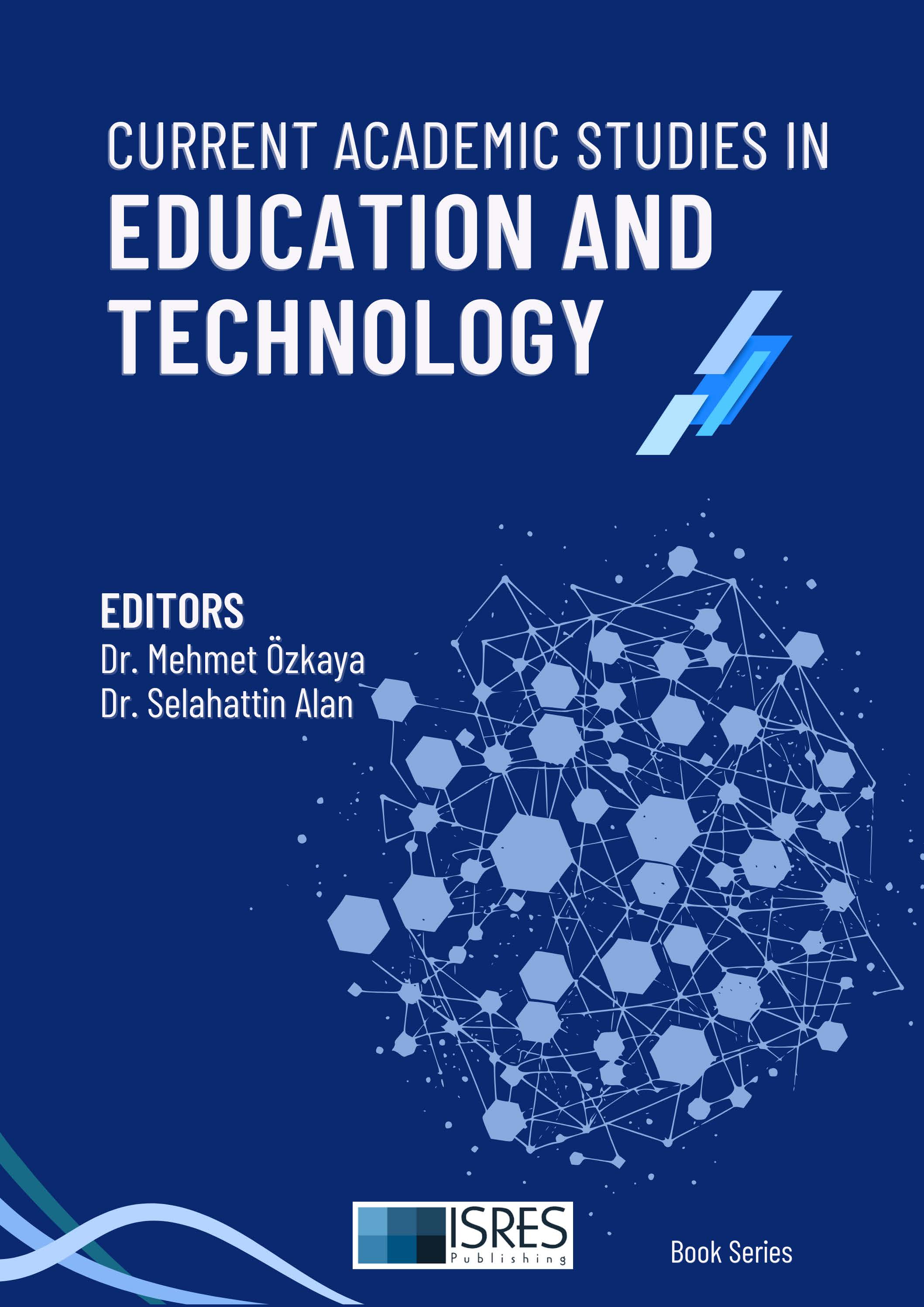


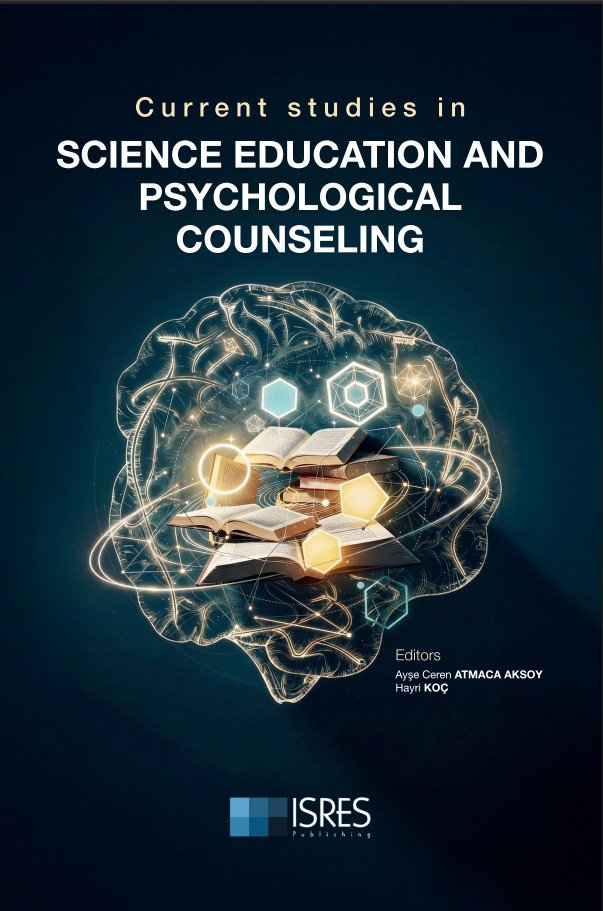
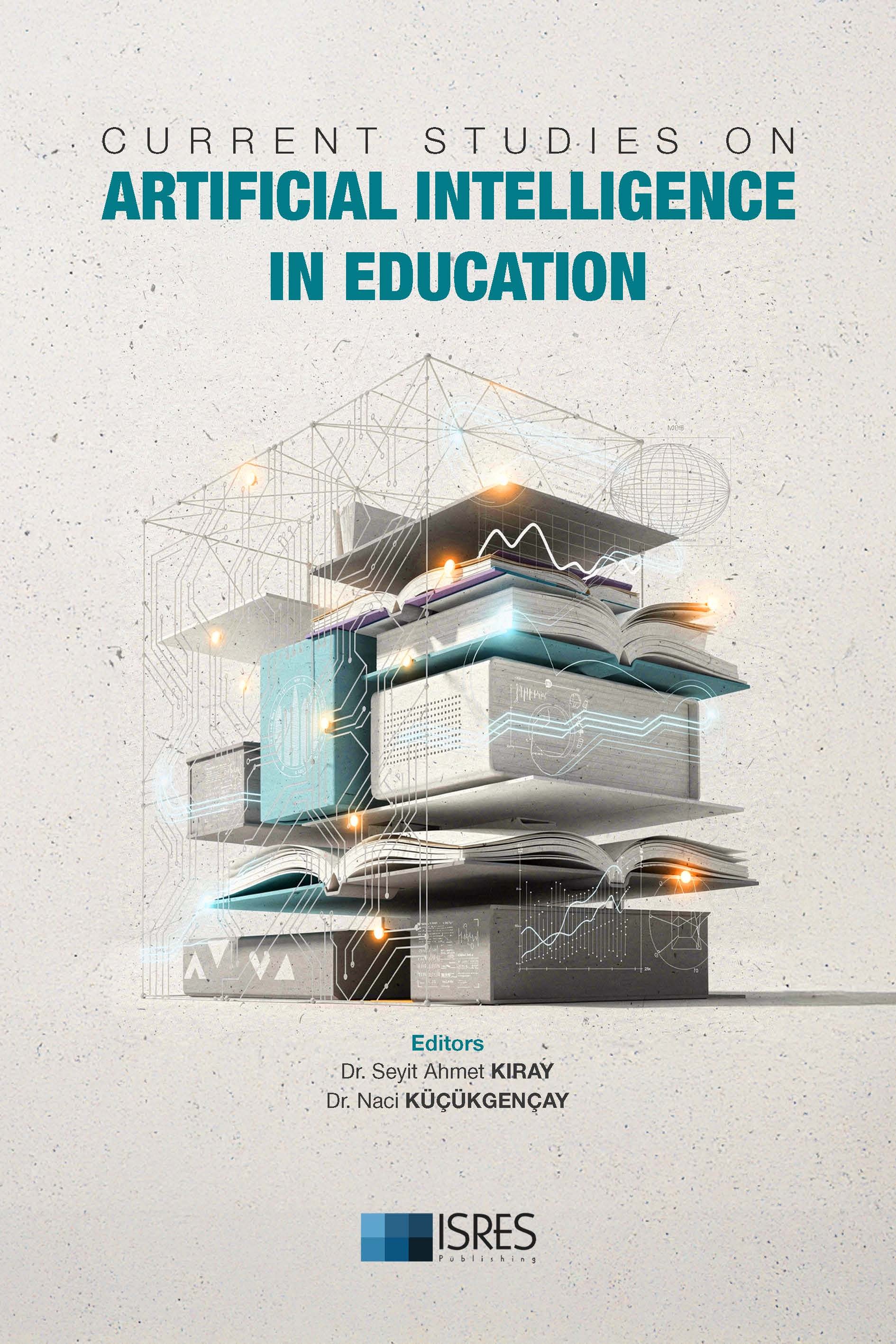
_Sayfa_001_23-12-2025.jpg)
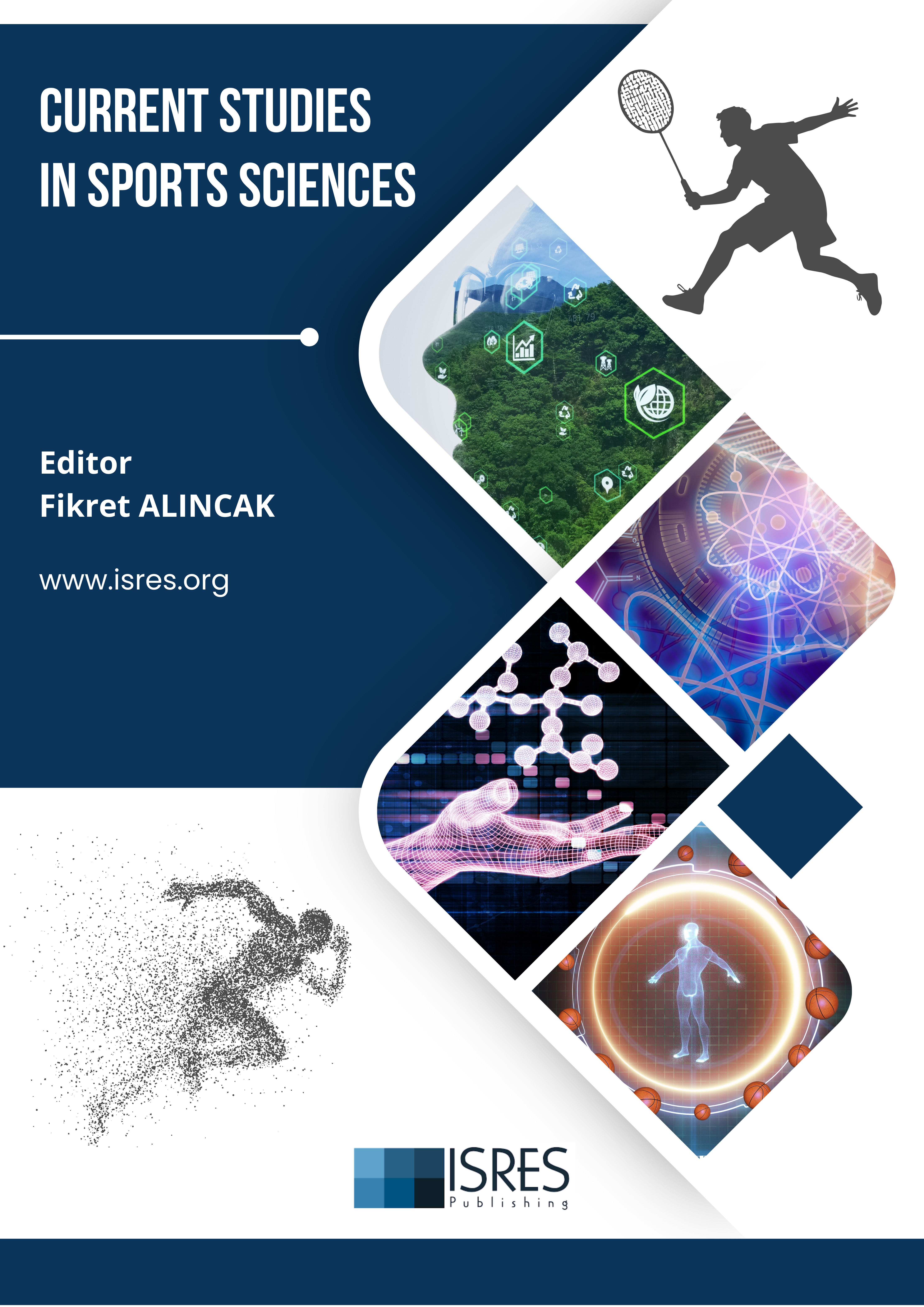


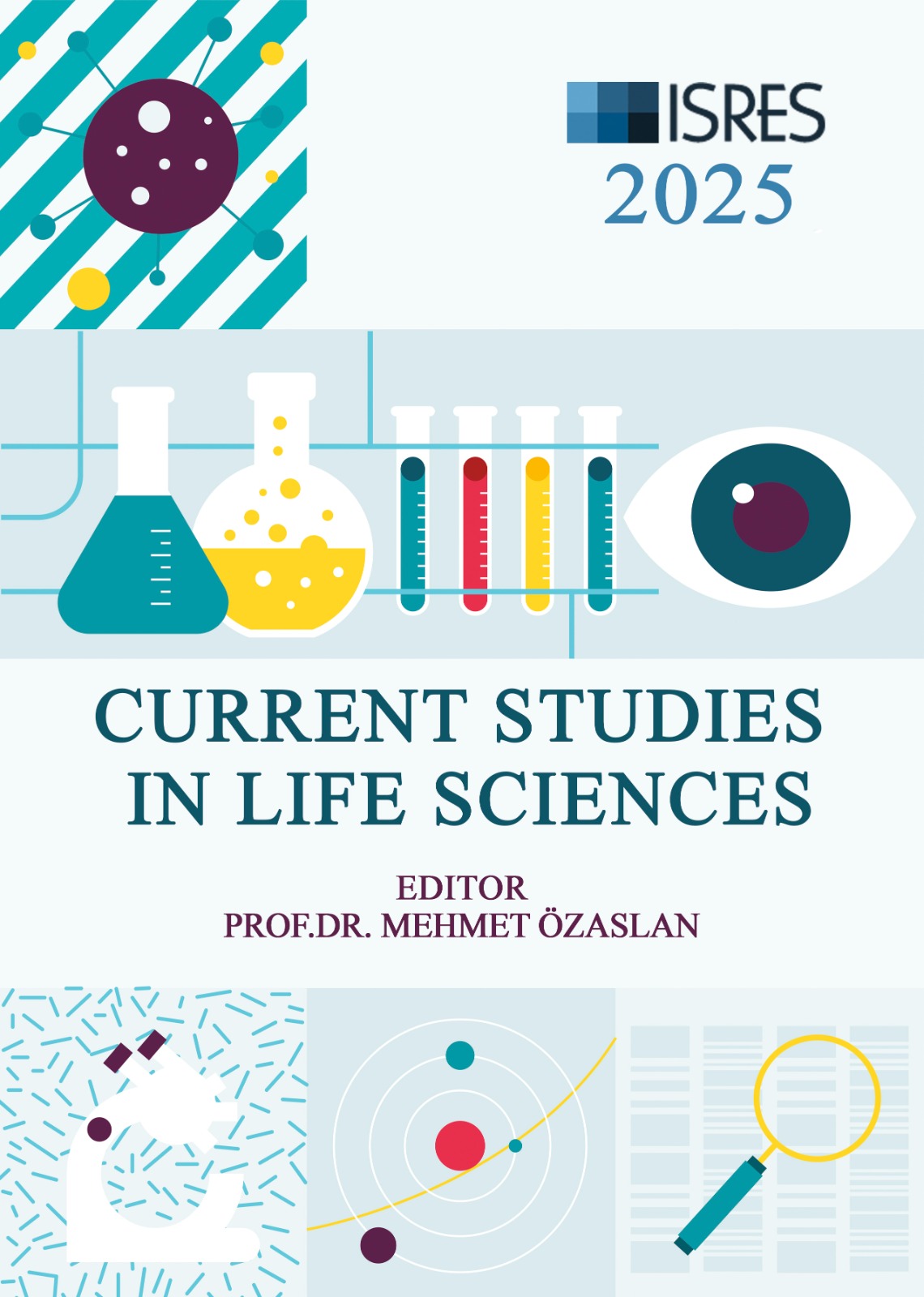
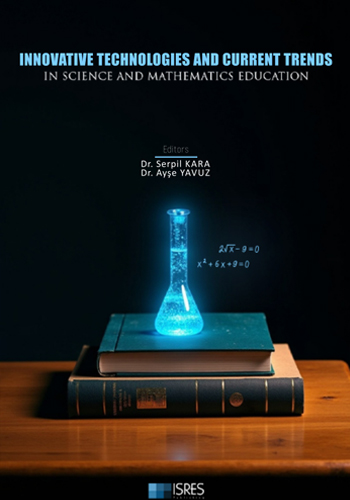
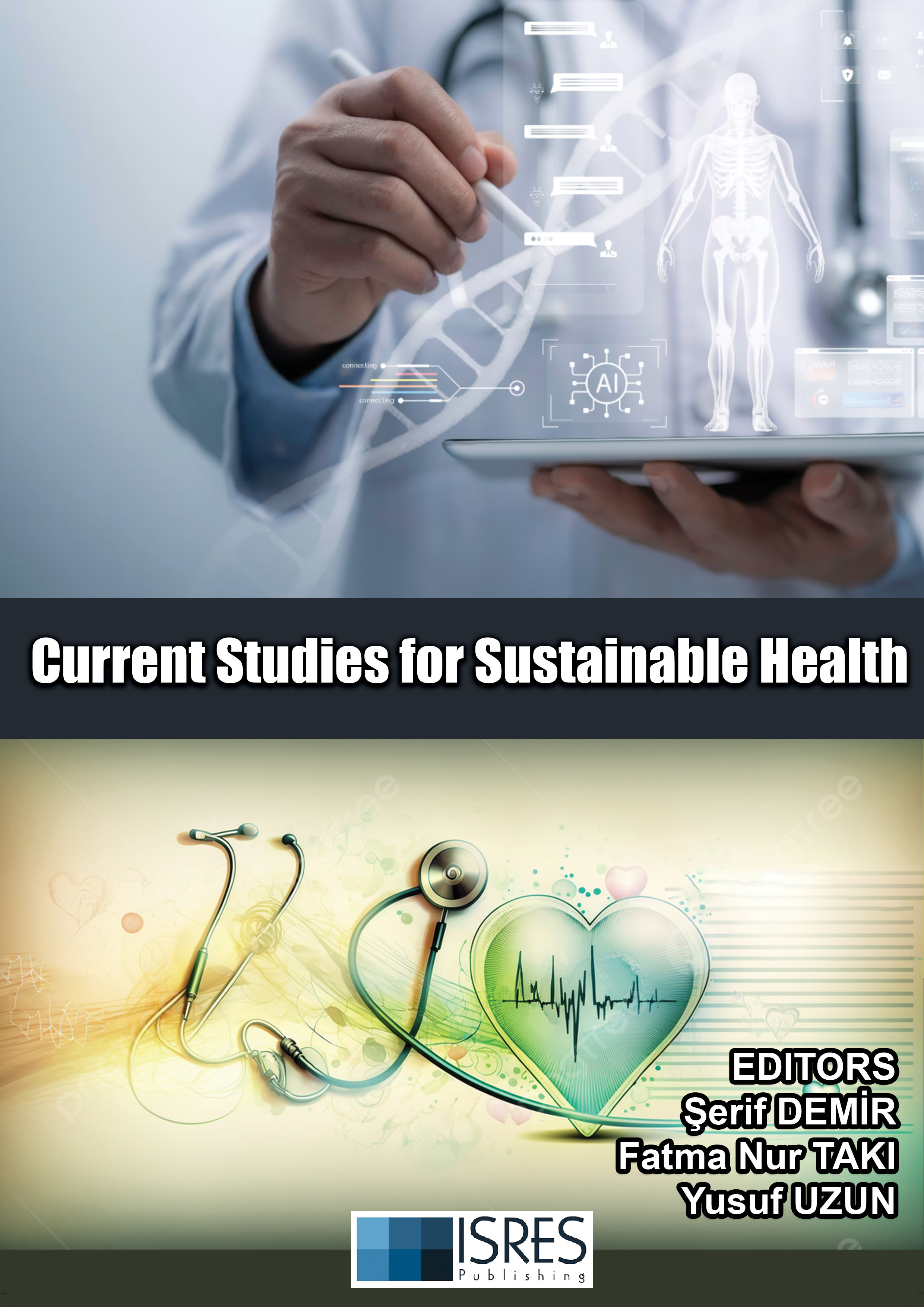

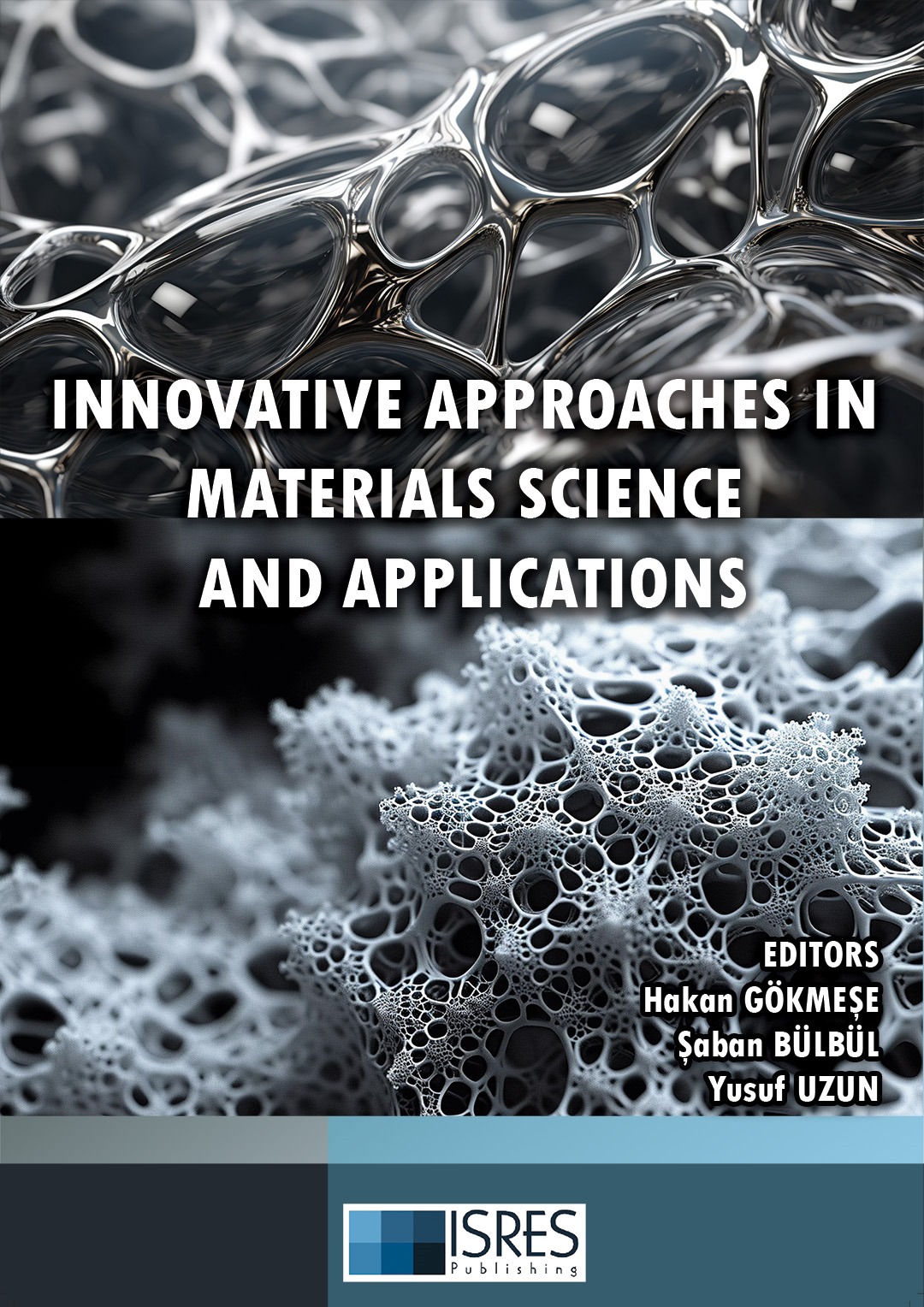
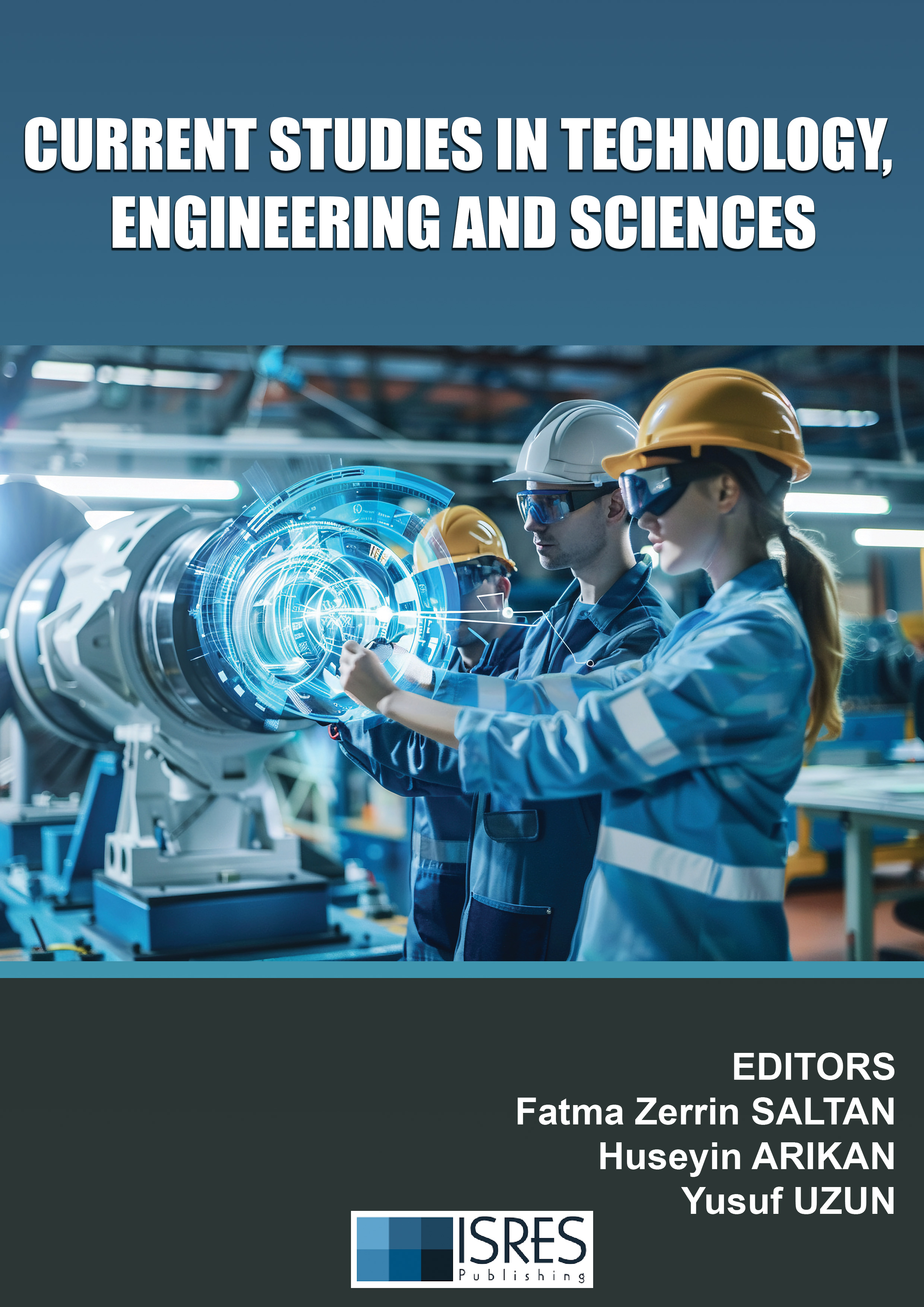

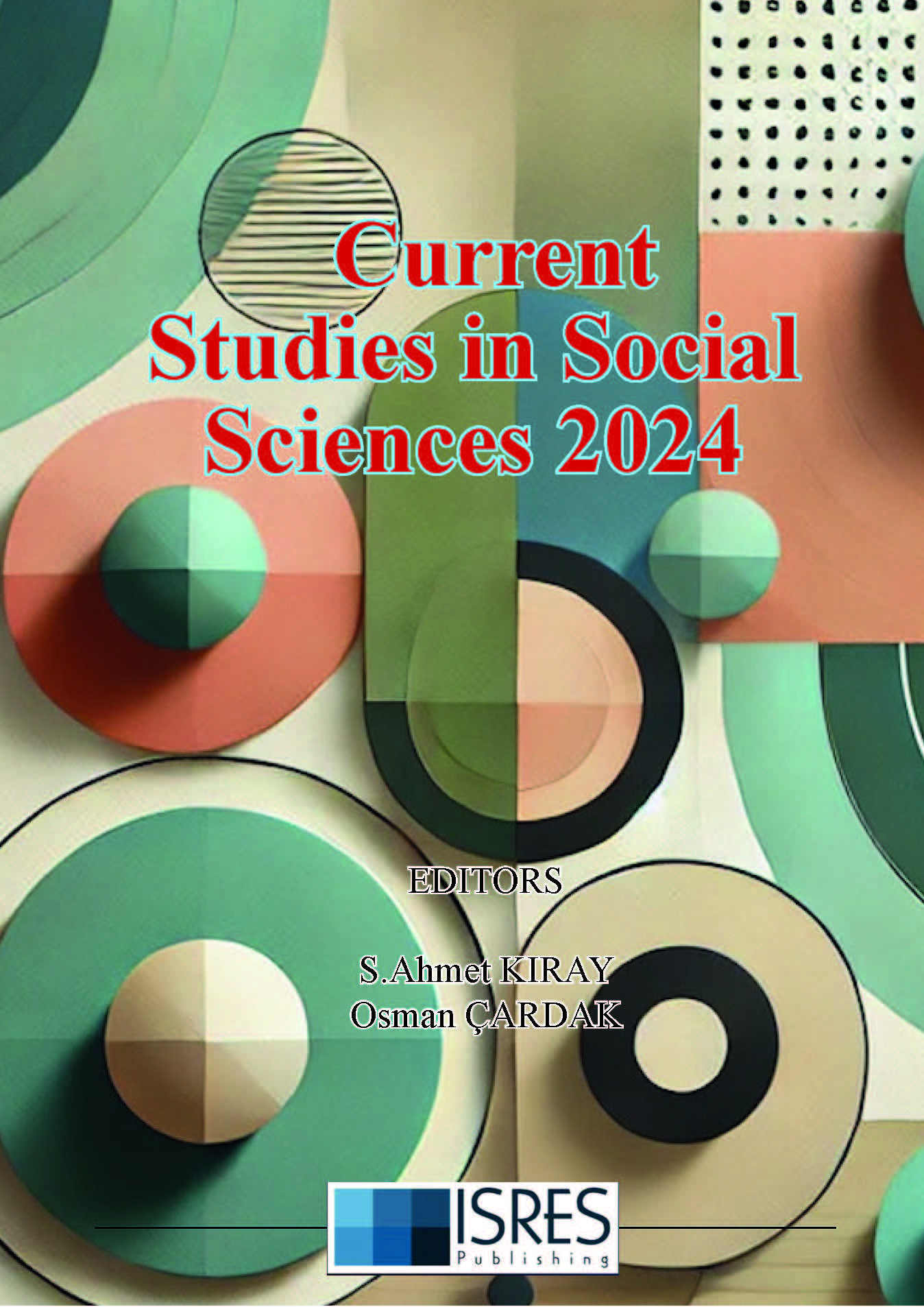
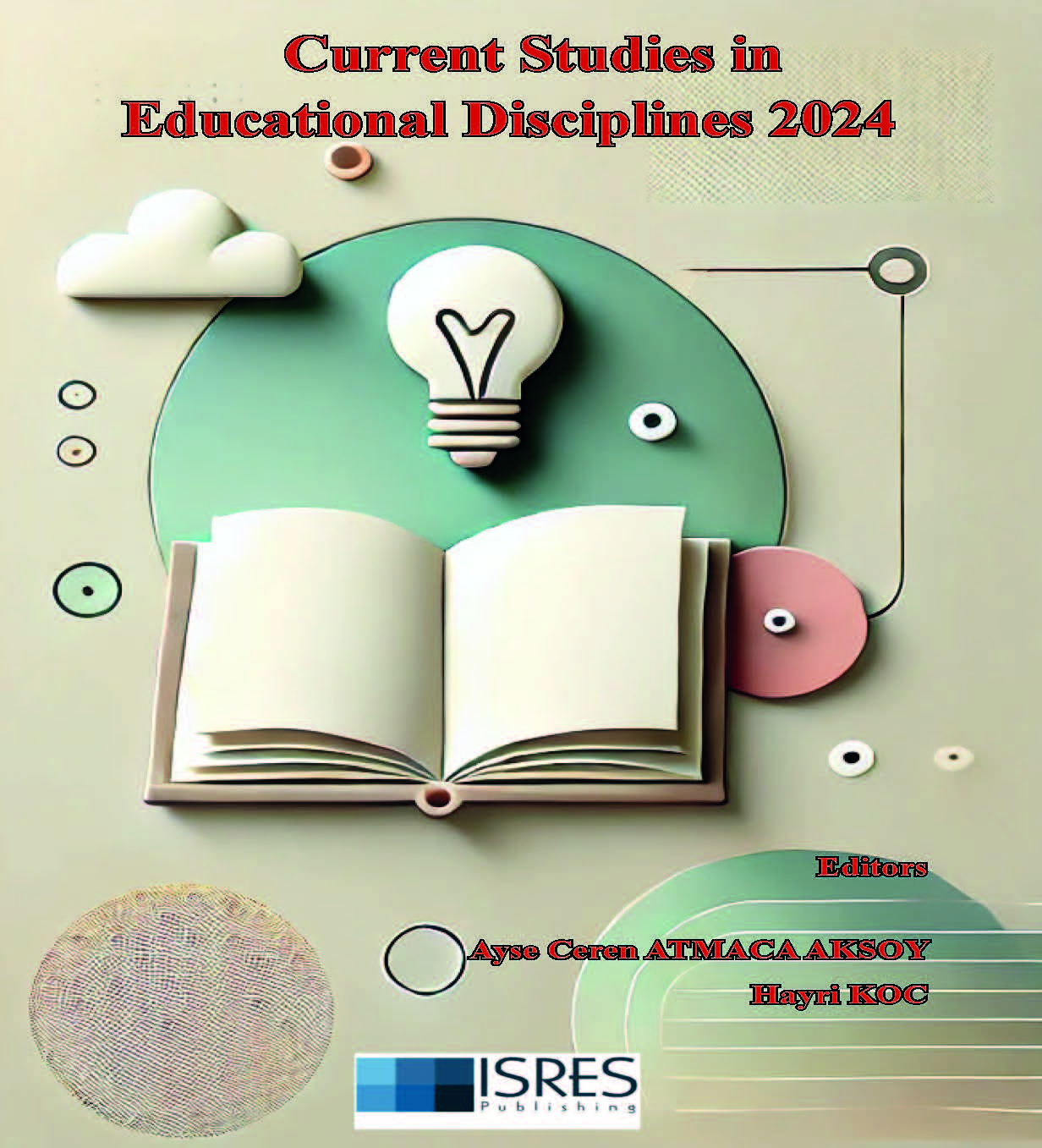

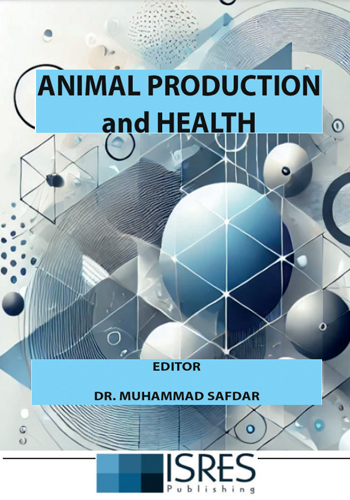
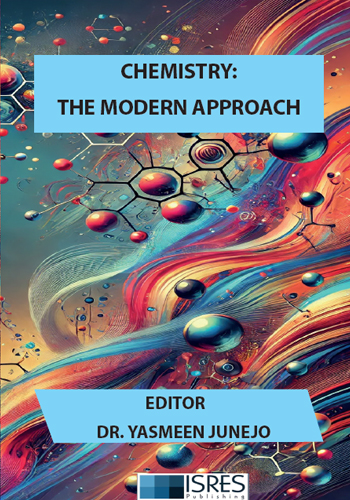
 (1)_16-12-2024.jpg)

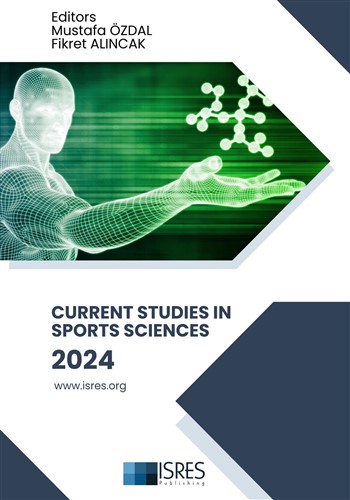
_29-12-2024.jpg)
 (1)_01-01-2025_10-03-2025.jpg)
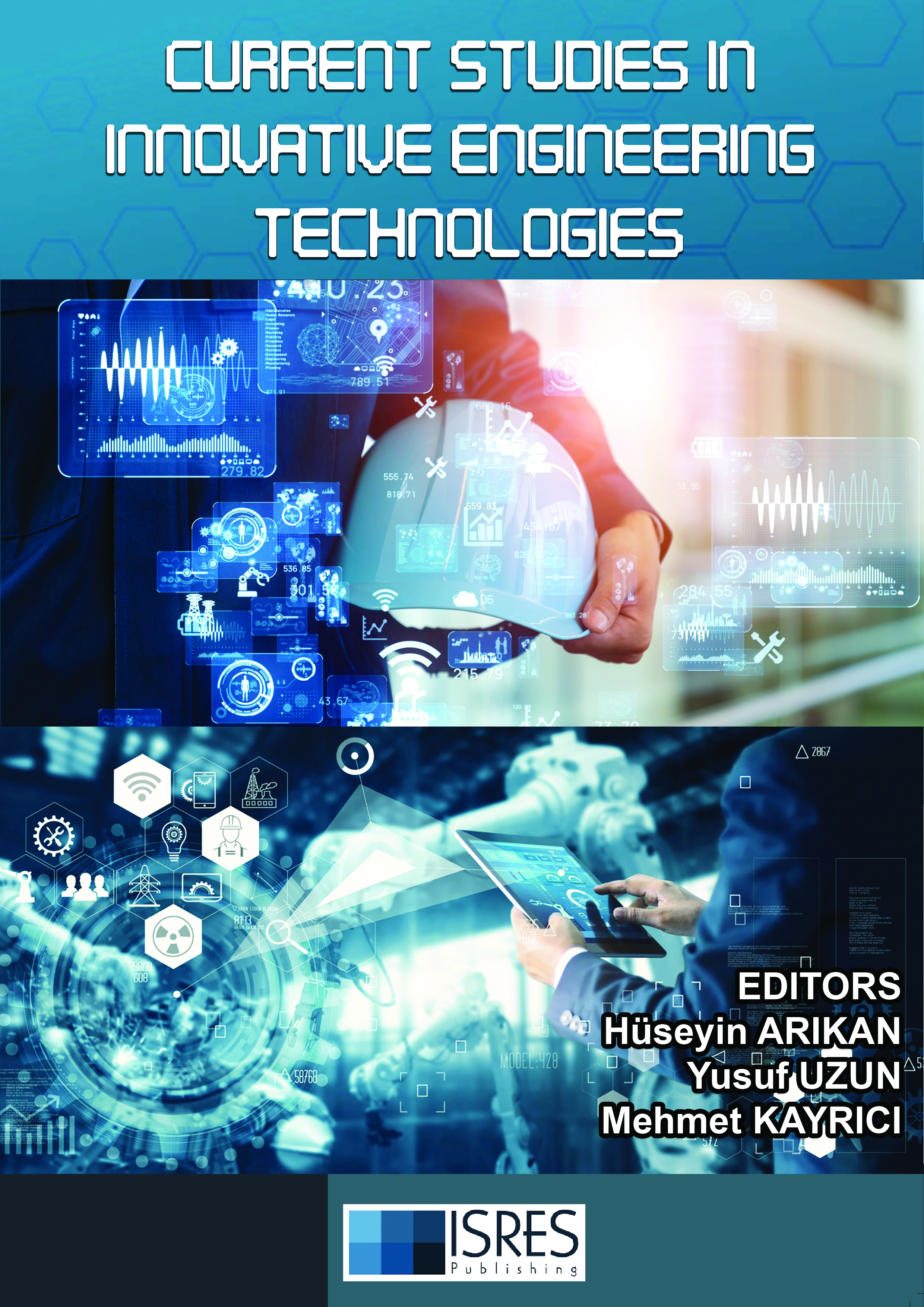
_01-01-2025.jpg)
